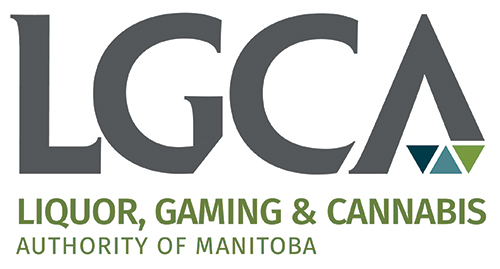Minimum drink pricing comes into effect. Licensed premises and occasional permit holders must charge a minimum of $2.25 per drink. Mandatory training is introduced for owners, managers and sales/service staff. Sunday regulations continue to evolve. Alcohol can be sold on Sundays from noon to 6 p.m. in Liquor Marts and from noon to midnight in cabarets, beverage rooms and non-sport private clubs.
1994
Privately owned wine stores are introduced. A limited number of stores are licensed. Regulations set out details such as the number and type of stores, discount structure, annual fees and general rules of operation. Government-issued photo ID becomes the only acceptable proof of age. MLCC continues to sharpen its focus. The MLCC no longer sets the standards for sanitation, cuisine and tourist accommodations …
1993
Tougher laws come into effect for abuses of buying and selling. It becomes a major offence to sell liquor to an intoxicated person or anyone under 18, or to buy liquor if under 18. Vendors have more price and product options. They can now sell imported beer, as well as domestic. They are no longer required to carry beer from each brewery …
1988
Beer and wine advertisements can air at any time of day. There is no longer a restriction between 7:00 a.m. and 10:00 p.m. Licensees gain the right to demand photo ID with proof and age. They can also eject anyone who does not comply.
1987
The legal definition of liquor changes. In response to new products appearing in the marketplace, liquor is now defined in legislation as any potable substance containing more than 1 percent alcohol by volume. Licence classes are streamlined. The number of classes is reduced from 24 to 11.
1985
All Aboriginals can consume liquor, both on and off reserve as Manitoba acts on provisions put in place by the federal government in 1951. Beer parlours can sell spirits and wine in addition to beer. Games of chance are permitted in licensed establishments. Liquor can be served on any type of election day, including federal and provincial elections.
1984
People without citizenship can apply for liquor licences. This change ends discrimination within the licensing system against people who are not Canadian citizens. Beverage rooms and beer parlours no longer need to close during the supper hour. Liquor sales can be up to 60% of revenues in licensed dining rooms, cocktail rooms and restaurants.
1983
MLCC introduces photo ID cards. Manitobans 18 and over can now obtain photo identification cards through MLCC for use as proof of age.
1982
MLCC seeks greater understanding of laws by operators. The Licensee Field Manualis developed and distributed to help licensees and their employees understand and comply with their requirements and responsibilities concerning day-to-day operations. Licensee requirements become simpler and more pragmatic. Beer parlours can set their own beer prices. Licensees can dispense liquor in forms other than the original container. All forms of licensed establishments …
1980
Individuals can bring alcohol into Manitoba from other provinces. They no longer need to leave liquor at the border when entering Manitoba. Sunday and holiday liquor service continues to expand. Beverage and cocktail rooms can serve liquor on Sundays, Thanksgiving and Christmas Day, but only with meals.
